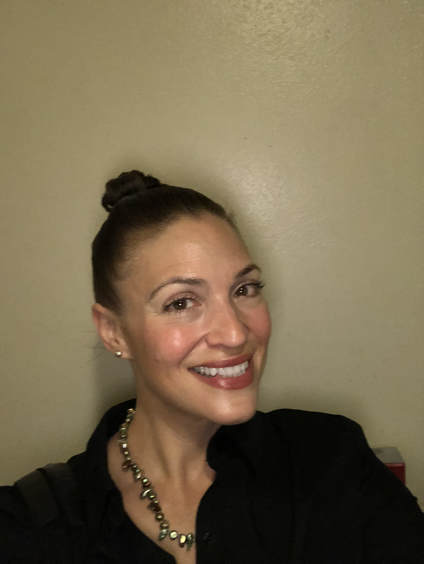
Perhaps one has a night shift or swing shift. It is difficult to regulate sleep when not working with the body’s natural circadian rhythms, which means sleep at night and awaken in the morning, fresh and ready to take on the day. The sleep hormones may be out of whack as well when one works odd shifts. Our hormone for fight or flight is called cortisol. It releases to wake us up to pee in the middle of the night and also rises to wake us up for the day. When we have odd sleep and wake cycles, the cortisol may ne off. We may hold on to fat because our body feels like we are in danger and won’t get fuel for hours. The use of electricity indoors also reduces the release of melatonin, the hormone responsible for allowing us to settle down and rest into slumber.
If having trouble waking up in the morning, I suggest sleeping a little earlier each day until one feels rested. For example, if I get off of work at midnight, I’ll take a melatonin capsule or sublingual tablet about a hour before I want to be asleep. Then as soon as I get home, I brush my teeth, change into jammies and go to bed. The habit of staying up after we get home to unwind, eat, or watch media may be hurting our sleep patterns and hours of real rest.
On days off try to go to bed earlier than on work days and sleep in when possible. Catching up for a little while will help as one gets more regulated sleep hours. Consistency is key so one wakes up feeling powered up for the day.
Wearing a sleep mask and ear plugs will allow us to create new habits and rituals surrounding the sleep signals. These two tools have helped me signal my body with a behavior that it is time for sleep. Keep screen time out of the mix too, as tempting as it is to check your social media just one more time before going to sleep.
I hope this helps you, dear readers.
Sincerely,
KJ Landis
-Author and Creator of the Superior Self series
-CPT, CFI
-Nutrition Educator
-Visit me at www.superiorselfwithkjlandis.com

 RSS Feed
RSS Feed